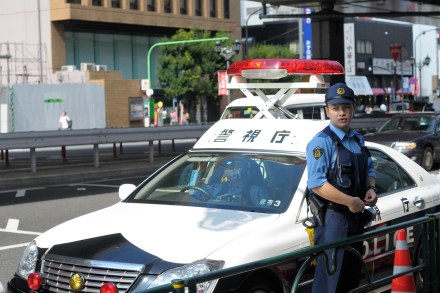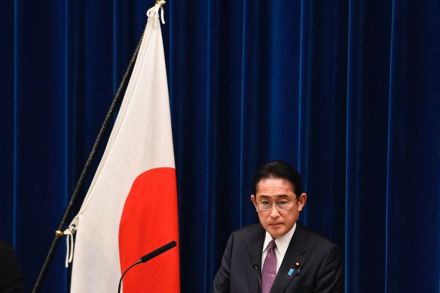Who cancelled Miss Japan?
Karolina Shiino, a 26-year-old naturalised Japanese woman originally from Ukraine, has been obliged to give up her Miss Japan title after confessing to an affair with a married man. Shiino, whose parents are Ukrainian and who came to Japan aged 5, was awarded the title just two weeks ago. As the first non-ethnically Japanese woman to be crowned Miss Japan she had already generated a certain amount of controversy but the revelations about the affair, published in one of Japan’s weekly magazines, has brought her brief tenure to an inglorious end. The pageant organisers had initially defended Shiino by claiming that she didn’t know her lover (who is an influencer














